Description
Wormwood Bitter Herb 60 or 120g. Also called Absinthe, Latin Name: Artemisia absinthium syn. Absinthium officinale. Plant Family: Asteraceae. Wormwood is an herbaceous perennial herb native to Europe. Wormwood is used for various digestion problems such as
- loss of appetite
- upset stomach
- gall bladder disease
- and intestinal spasms.
Wormwood is also used to treat
- fever
- liver disease
- depression
- muscle pain
- memory loss
- and worm infections
- to increase sexual desire
- as a tonic
- and to stimulate sweating
- Wormwood is used for Crohn’s disease
- and a kidney disorder called IgA nephropathy.
Wormwood is a bitter herb and is used in Swedish Bitters. Wormwood is used in some alcoholic beverages. Vermouth, for example, is a wine beverage flavoured with extracts of wormwood. Absinthe is another well-known alcoholic beverage made with wormwood. It is now banned in many countries, including the U.S. But it is still allowed in European Union countries as long as the thujone content is less than 35 mg/kg. Thujone is a potentially poisonous chemical found in wormwood. Distilling wormwood in alcohol increases the thujone concentration.
Wormwood is LIKELY SAFE when taken by mouth in the amounts commonly found in food and beverages, including bitters and vermouth, as long as these products are thujone-free. It is POSSIBLY SAFE when applied to the skin as ointment. Wormwood that contains thujone is POSSIBLY UNSAFE when it is taken by mouth or used on the skin. As with all herbs THOROUGHLY research any new herbs used and if taking prescribed drugs, have a chat to your GP first. Do not use if pregnant or breast feeding, of if allergic to ragweed and related plants, have Kidney disorders, or if suffering from epilepsy or seizures. It is also not recommended for children and adolescents under the age of 18.
The wormwood plant has played a central role in natural medicine and holistic healing for a long time. Because of the numerous wormwood benefits, healers considered it to be a universal cure throughout the Middle Ages. The bitter and aromatic properties of wormwood are why it has historically been used in alcoholic beverages such as absinthe, vermouth, and even as a substitute for hops in beer. In Hildegard medicine, wormwood is used primarily for its bitterness and aroma to help fortify digestion and relieve gastric pain. In high doses, thujone (present in wormwood) may result in physiological responses such as muscle spasms and seizures.
To make wormwood tea: combine 1/2 to one (1) teaspoon of dried wormwood herb per 6-8 ounces of water and steep for 5 to 10 minutes. Start with a short steeping time (1 minute and increase up to 5-10 minutes maximum) to avoid that the tea becomes too bitter. You can drink a freshly prepared cup of warm wormwood tea a maximum three times a day – half an hour before meals if you lack or to regulate appetite, half an hour after meals if you have digestive problems. The daily dosage is a maximum of three grams of wormwood herb. With wormwood tea and tincture (in the recommended dosage), the body is not supplied with thujone in a toxic dose. Nevertheless, as a precaution (and always when using medicinal plants), the medicinal plant should not be used internally for a longer period of time, in the case of wormwood tea not more than two weeks. When used and dosed as directed, there are no known side effects for wormwood tea.
Information sheet supplied. Free shipping. Discount refunded on 5+ assorted purchases.

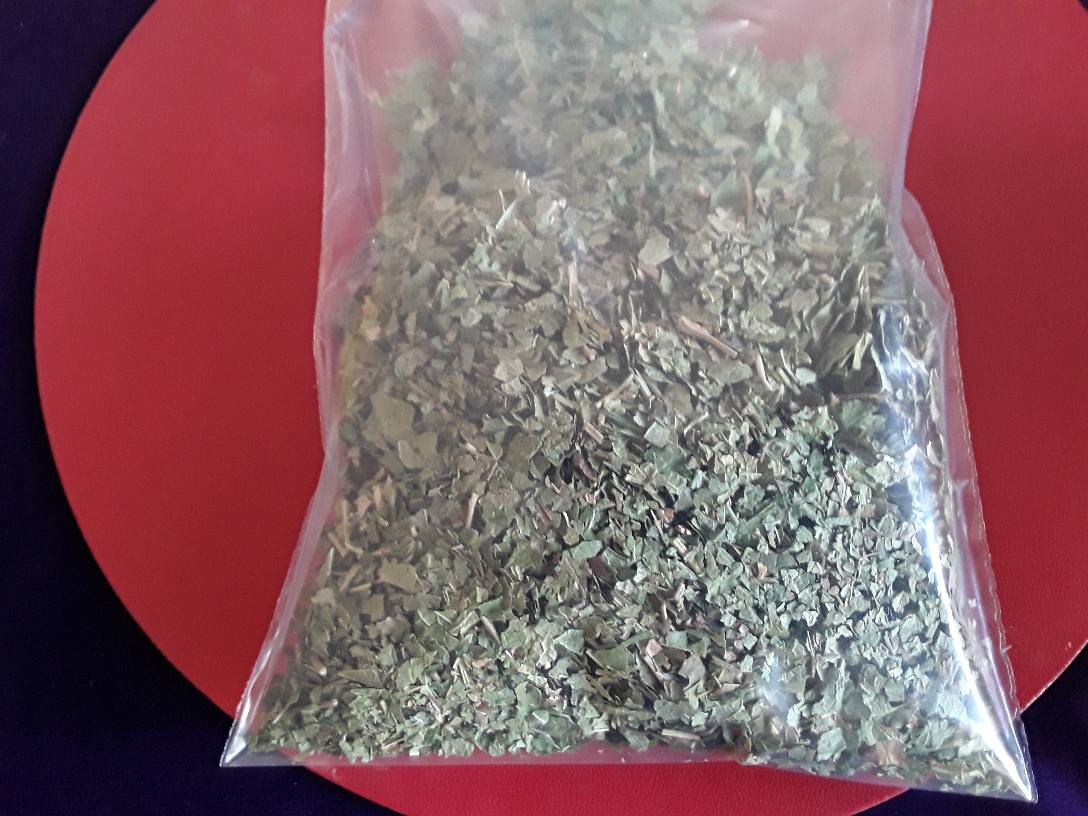
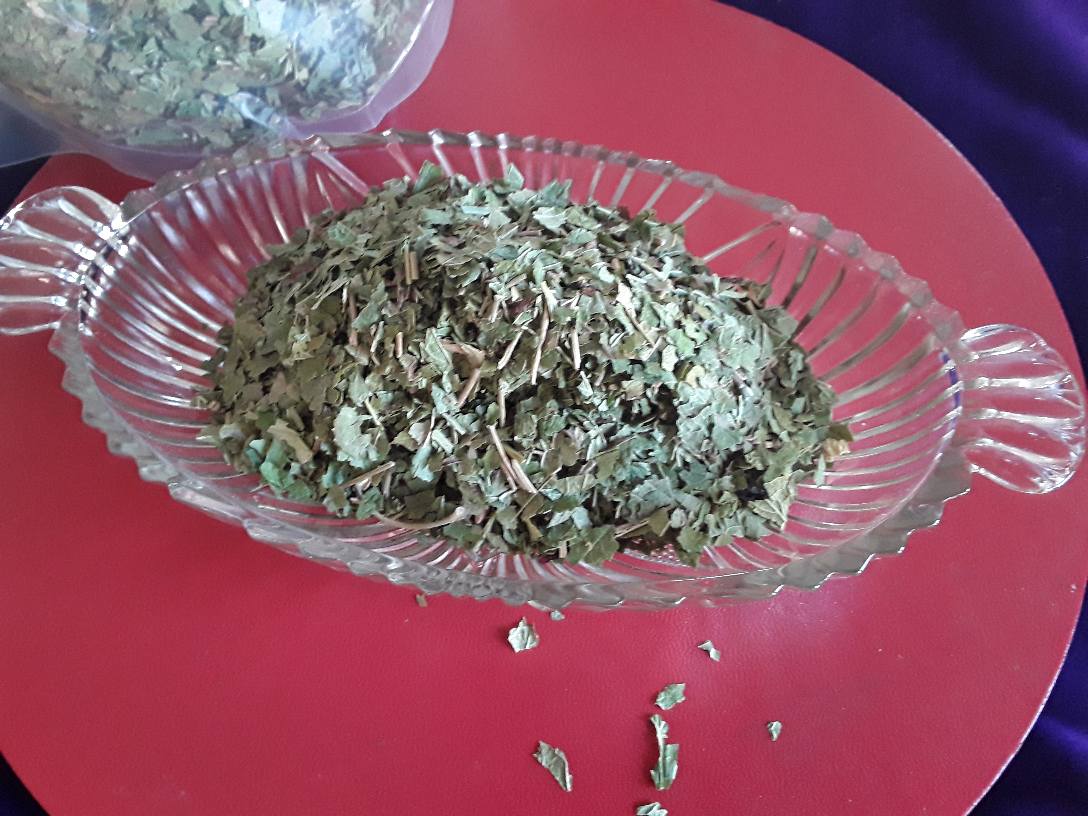
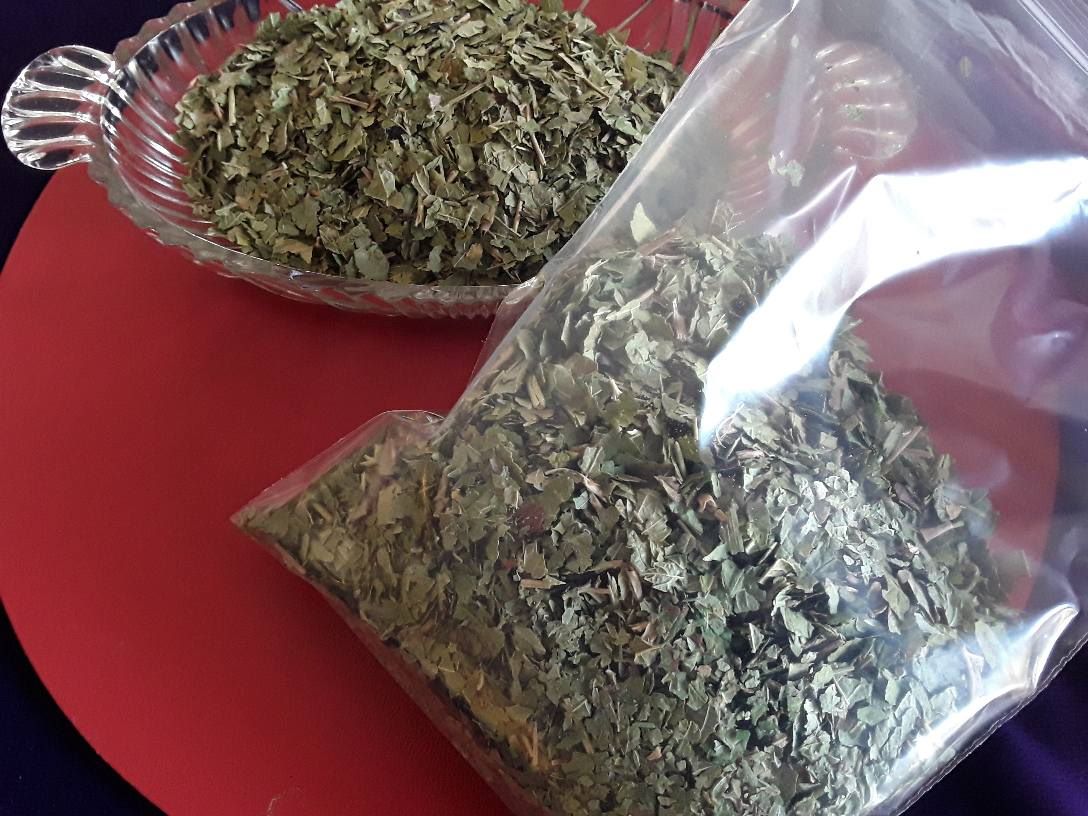


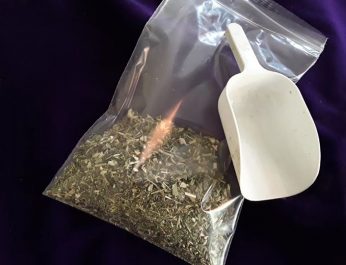
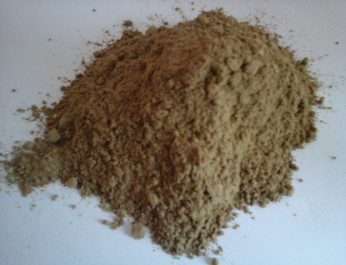

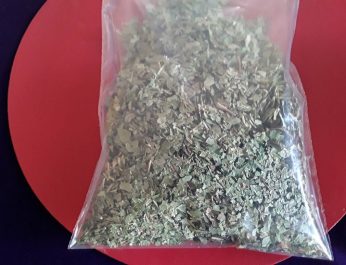
Reviews
There are no reviews yet.